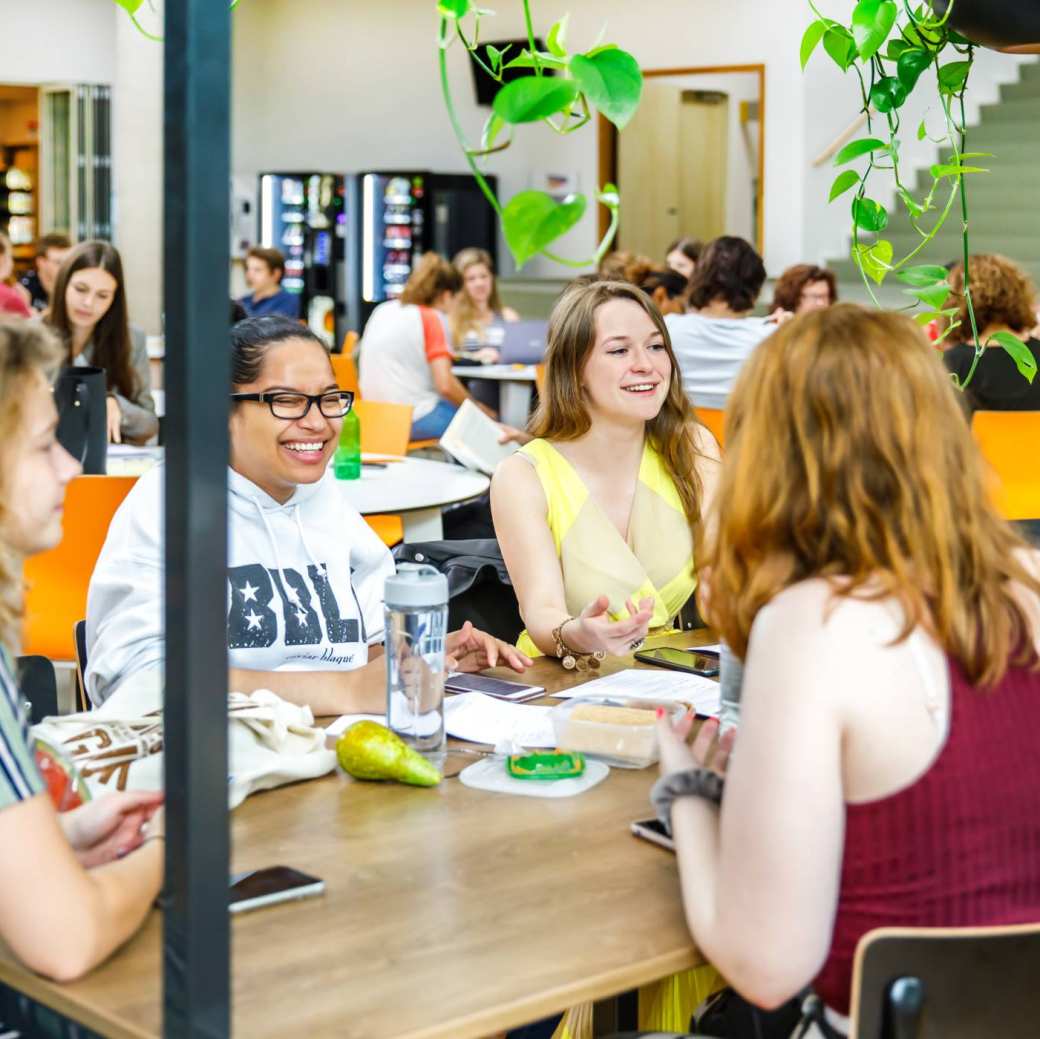Molecular Plant Biology
Learn about plant evolution. Identification and physiology. And genetic plant modification. Discuss classical vs. molecular plant breeding. And more. Throughout the program, you develop a new plant. And present your work in a scientific display poster as a final report.

The program in a nutshell
Your classes and workshops take place Monday to Friday. 8 hours a day. You have roughly 10 hours of practical work per week and 20 hours of study assignments per week.
The 1st half of the program ends with a knowledge and theme test. Plus a research report on secondary metabolites formed during fruit color formation. The 2nd half of the program ends with a presentation poster of a new crop you have developed. And 2 research reports: 1 about in vitro propagation of your own crop; 1 about plant response to drought stress.

Program details
Learning outcomes
By the end of the Molecular Plant Biology exchange program you can:
- perform experiments
- evaluate the effectiveness and benefit of basic scientific research
- determine the presence of special secondary metabolites
- research nutritional value of various crops
- understand the group of carotenoids and their effect as an anti-oxidant
- comprehend the growth and development of plants under certain conditions
- study the expression of various stress-related genes in Arabidopsis

Competences
You strengthen these competence areas during the program:
- Investigate genes involved in color development
- Analyze proteins in plant-pathogen interactions
- Develop a research plan
- Perform research and data analysis
- Consider new crop applications
- Clarify a research question
- Management and administration
- Present and report results

Dutch way of learning
The atmosphere in a Dutch classroom is quite informal and your lecturers are easy to talk to. In fact, at HAN you’re seen as a partner in the learning process. Class sizes are small and your lecturers encourage you to actively participate in class. To ask questions and give your own opinion. They also stimulate you to be creative and to discover things for yourself.

HAN International Intro
Get a good start to your studies during this week of orientation:
- learn about living in the Netherlands
- become familiar with the campus
- get on board with your exchange program
- make new friends!

What about credits and grading?
At HAN we use the European Credit Transfer and Accumulation System, or ECTS. It’s the standard credit system used in higher education across Europe. How does it work? One credit = 28 hours of study. Think of contact hours. Time spent working on assignments. Preparing for exams.
One semester = 30 credits = 840 hours of study. To earn credits, you need to pass your exams. What counts as a pass? A grade of at least 5.5.

Admission
What are the admission requirements? And how do I apply?
